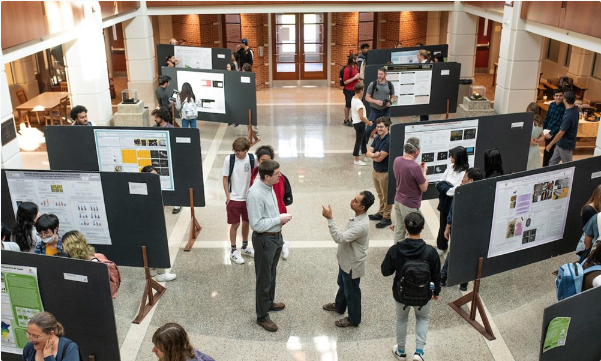Date of Award
5-2022
Document Type
Thesis
First Advisor
Christina Wagner
Second Advisor
Caitlin Howlett
Third Advisor
Rebecca Alexander
Abstract
Like adults, children experience mental health symptoms that can have negative effects on their life and development. According to the CDC (2018), 1 in 6 children has a mental health disorder are 2-8 years old. The prevalence of many mental health disorders increases as children age, and those 6 to 11 years old are more likely to have behavioral problems. There are many theories of why this may be, including the increase in the number of Adverse Childhood Experiences (ACEs) a child may have. Those who are exposed to trauma during childhood are at greater risk for lifelong health problems. About 11% of children with 3 or more ACEs have a higher chance of developing a mental health condition than those who had zero (CDC, 2018). These numbers are high and may continue to increase if interventions are not in place. Mental health interventions and decreasing mental health effects can and should be accessible to every child and one way to ensure broad access to mental health information and identify children in need of mental health intervention is in the classroom. Many life factors are affected by mental health, including emotions, behaviors, and social skills, and interventions should be designed to support these areas. The purpose of this project is to address ways that mental health can be supported in children by addressing areas of development, including emotions, lifestyle, and social skills.
Recommended Citation
Sherfick, Sage '22, "A Child’s Mental Health Journey: Using an Activity Book as a Guide for Mental Health Literacy and Emotional, Social and Behavioral Development" (2022). Honor Scholar Theses. 184, Scholarly and Creative Work from DePauw University.
https://scholarship.depauw.edu/studentresearch/184


